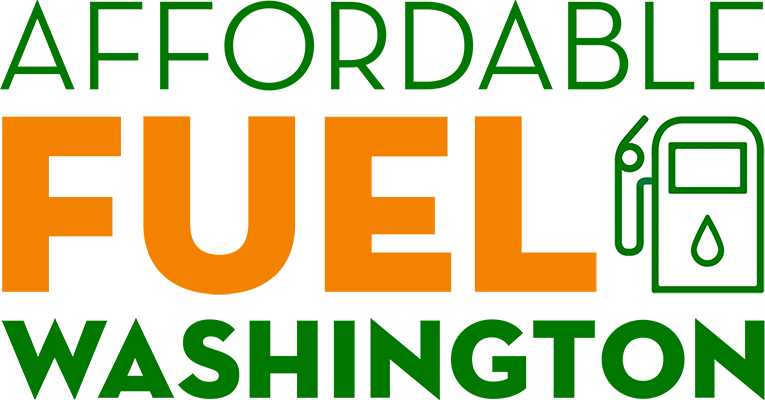The price of Washington’s carbon emission allowances reached an all-time high in the state’s fourth auction last week, with revenue from the program nearing $1.5 billion in its first year.
The revenue has far outpaced early estimates, and now a group that helped advocate for and pass the legislation that created the carbon-pricing market is calling on lawmakers to get more of the collected money back in the hands of Washingtonians.
The program, which was designed to make it costlier to pollute, has been linked to an increase in prices at the gas pump as refiners, suppliers and other businesses may pass along their compliance costs. …
State Sen. Mark Mullet, D-Issaquah, who voted for the program and is running for governor, also released a legislative proposal aimed at reining in any impact of the climate policy on fuel prices and reducing car-tab fees.
“I really worry we won’t see other governments following Washington’s leadership on climate if we can’t show that it’s possible to fight carbon pollution while still balancing it with affordability,” he said in a news release. …
Allowance auctions could raise an additional $1 billion or more over the biennium. Those extra dollars have yet to be appropriated. …
The carbon-pricing program is the cornerstone of the 2021 Climate Commitment Act, requiring the state’s biggest-polluting businesses to reduce their emissions or purchase allowances to cover their emissions. The number of allowances available at auctions will ratchet down over time, ramping up pressure on industries to lower their emissions. …
When the state passed the legislation, Ecology estimated it would bring in around $220 million in 2023 and close to $500 million every year after that through 2040. …
Revised estimates based on the rising cost of the allowances in 2022 suggested the state would bring in over $480 million in 2023. But Washington has blown those initial estimates out of the water.
Before the state’s first auction, some fuel suppliers were raising the price of gas and diesel in anticipation of their compliance costs with the new program.
Read the Complete Article »